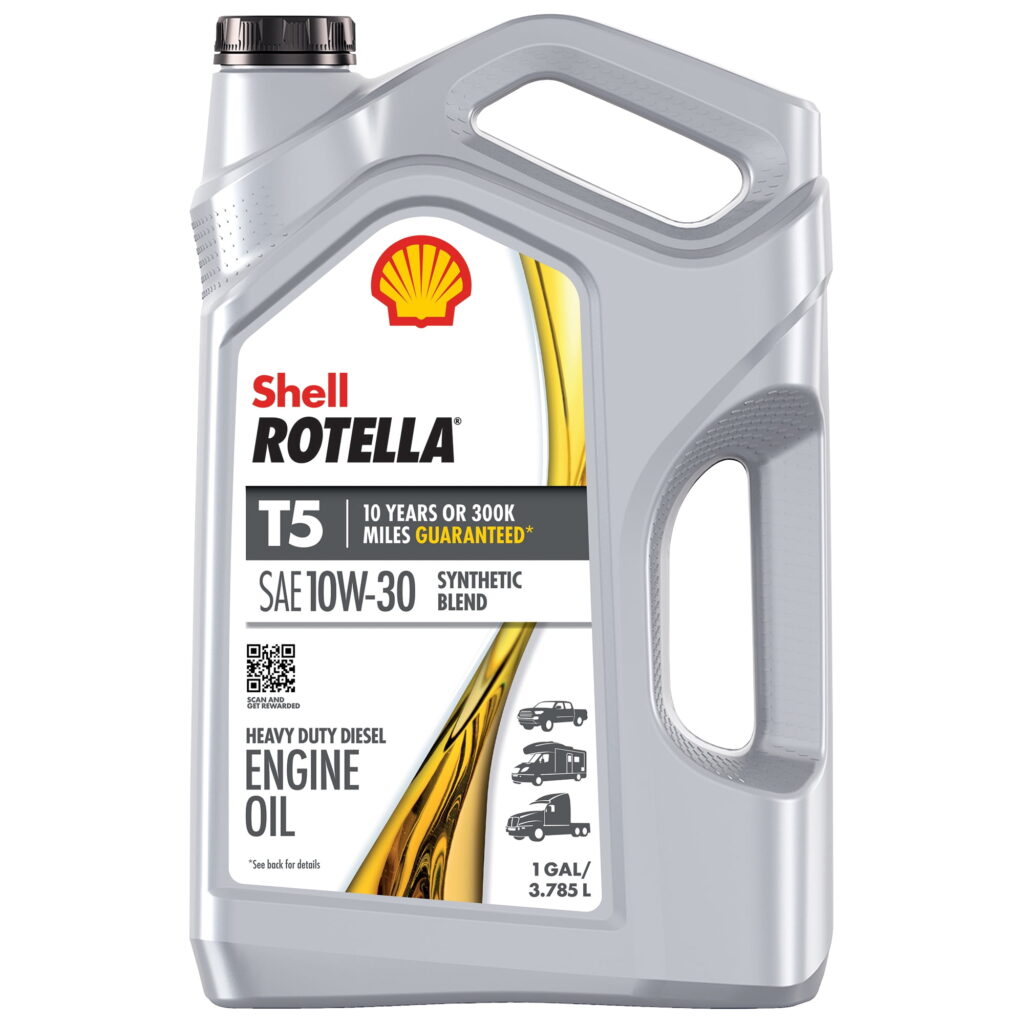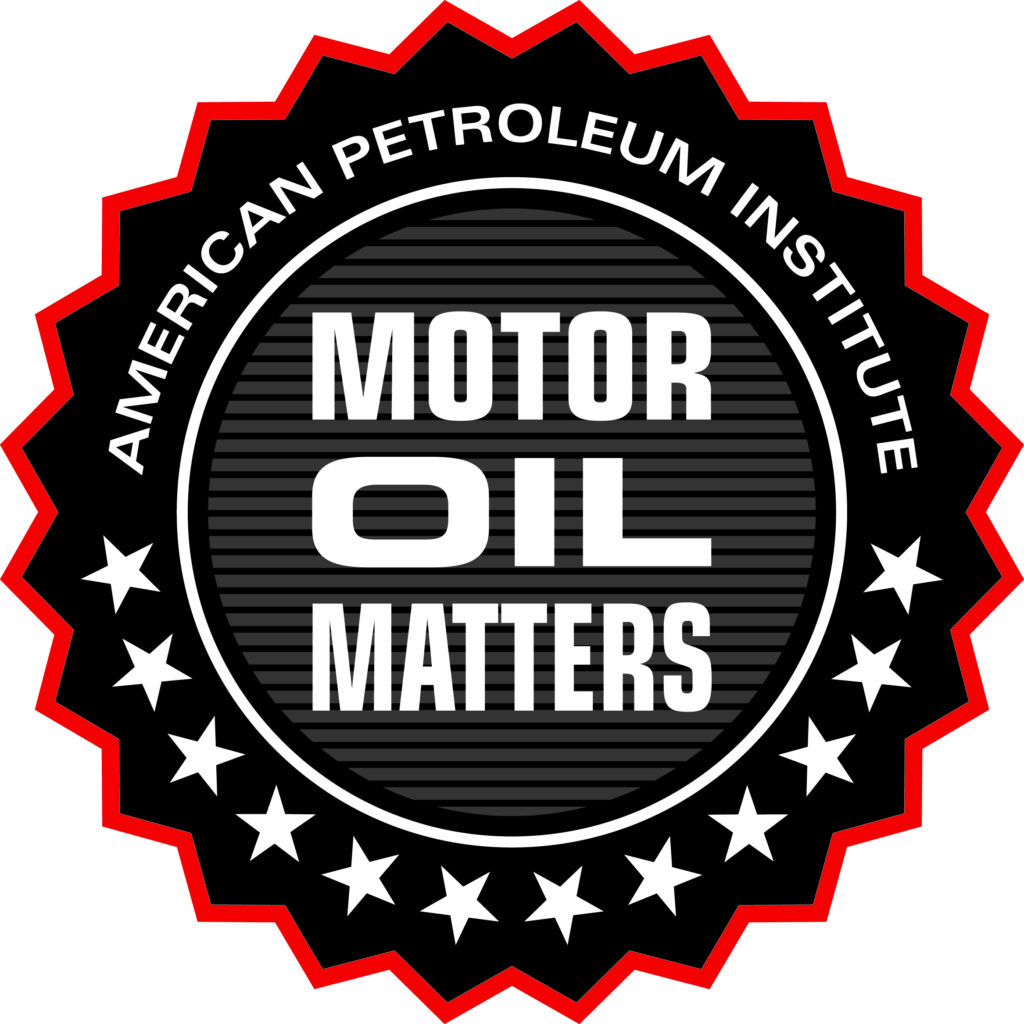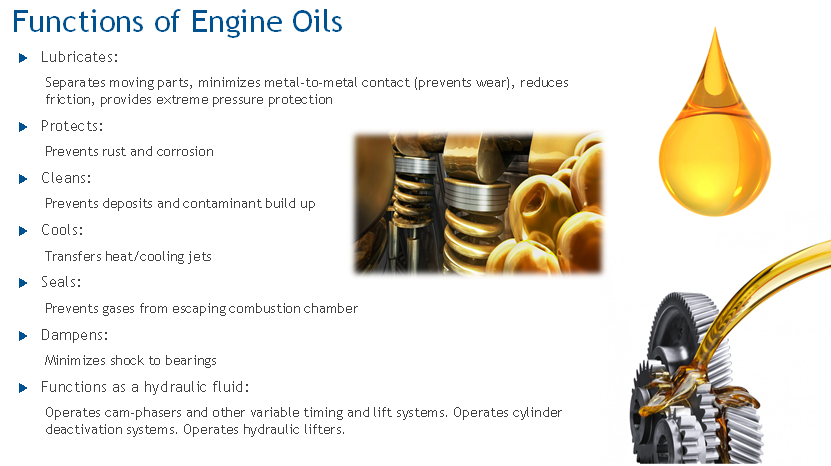Engine Oil Essentials: Boost Your Car’s Performance Now!
Engine oil lubricates engine parts and reduces friction. It also helps in cooling and cleaning the engine. Engine oil is a critical component for your vehicle’s engine. It ensures smooth operation by lubricating moving parts and minimizing wear. Regular oil changes can extend the life of your engine and improve performance. High-quality engine oil also […]
Engine Oil Essentials: Boost Your Car’s Performance Now! Read More »









